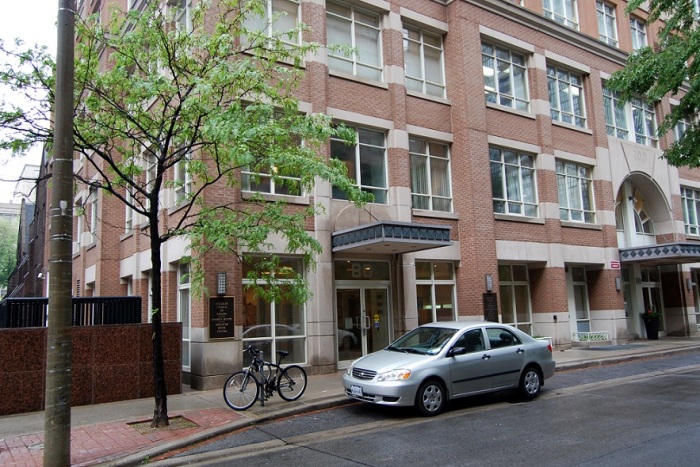Anglican Church of Canada Votes to Allow Gay Marriage Ceremonies
Recount Found Initial Rejection Vote to be Incorrect

One of the largest religious groups in Canada voted to approve a resolution that allows ministers to officiate same-sex marriages.
The Anglican Church of Canada, member of the global Anglican Communion, approved the measure Monday at their General Synod meeting in Toronto.
The Ven. Michael Thompson, general secretary of ACC, explained in a statement Tuesday that while the initial result had the resolution failing, it was later discovered that this was because of problems counting votes.
"On July 11, the motion was declared defeated in the order of clergy, where it appeared not to have achieved the necessary two-thirds majority in that order," explained Thompson.

"The actual numbers recorded electronically were 51 in favour and 26 opposed. The motion did achieve that majority among the bishops and among the laity."
The Christian Post contacted the Anglican Church of Canada for comment but did not receive a response by press time.
According to the CBC, the resolution will not take effect until the following General Synod meeting scheduled for 2019.
"The resolution still needs affirmation by the next synod in 2019 before it becomes Church law. On Tuesday, several bishops said they planned to go ahead with same-sex marriages regardless," reported the CBC.
"They leaned on a statement from the chancellor of the general synod, who said the current marriage canon does not specifically ban solemnizing same-sex marriages."
Jeff Walton, Anglican Communion expert with the Washington D.C.-based Institute on Religion & Democracy, told The Christian Post that this development was not surprising given the theological leanings of the ACC.
"The Anglican Church of Canada is one of the most liberal provinces in the Anglican Communion and has impaired or broken relationships with the largest Anglican provinces," explained Walton.
"The Anglican Church of Canada's decision to enact same-sex marriage is merely the official step confirming what many of its dioceses have already practiced for years."
The ACC is not the first member of the Anglican Communion to go against biblical doctrine and recognize gay marriage. Last year, The Episcopal Church, based in the United States, approved a similar measure.
In reaction to this, in January a majority of the global body of Anglican Primates voted to suspend The Episcopal Church for its departure from Scripture and Church tradition.
"Recent developments in The Episcopal Church with respect to a change in their Canon on marriage represent a fundamental departure from the faith and teaching held by the majority of our Provinces on the doctrine of marriage. Possible developments in other Provinces could further exacerbate this situation," stated the Primates.
"We formally acknowledge this distance by requiring that for a period of three years The Episcopal Church no longer represent us on ecumenical and interfaith bodies, should not be appointed or elected to an internal standing committee and that while participating in the internal bodies of the Anglican Communion, they will not take part in decision making on any issues pertaining to doctrine or polity."
Walton of the IRD also told CP that while he thinks the ACC will suffer at worst a "wrist-slap" for its decision, the Church will continue to suffer severe decline.
"The Canadian denomination has been in sustained decline in both membership and vibrancy for decades, with many traditionalists departing for the Anglican Network in Canada and other Orthodox groups in the 2000s," said Walton.
"Notably, the Anglican Church of Canada declined from nearly 1.4 million members in 1964 to fewer than 600,000 by the early 2000s — a time period in which the overall population of Canada surged by 60 percent, and both Roman Catholic and Orthodox churches in Canada experienced significant growth."




























